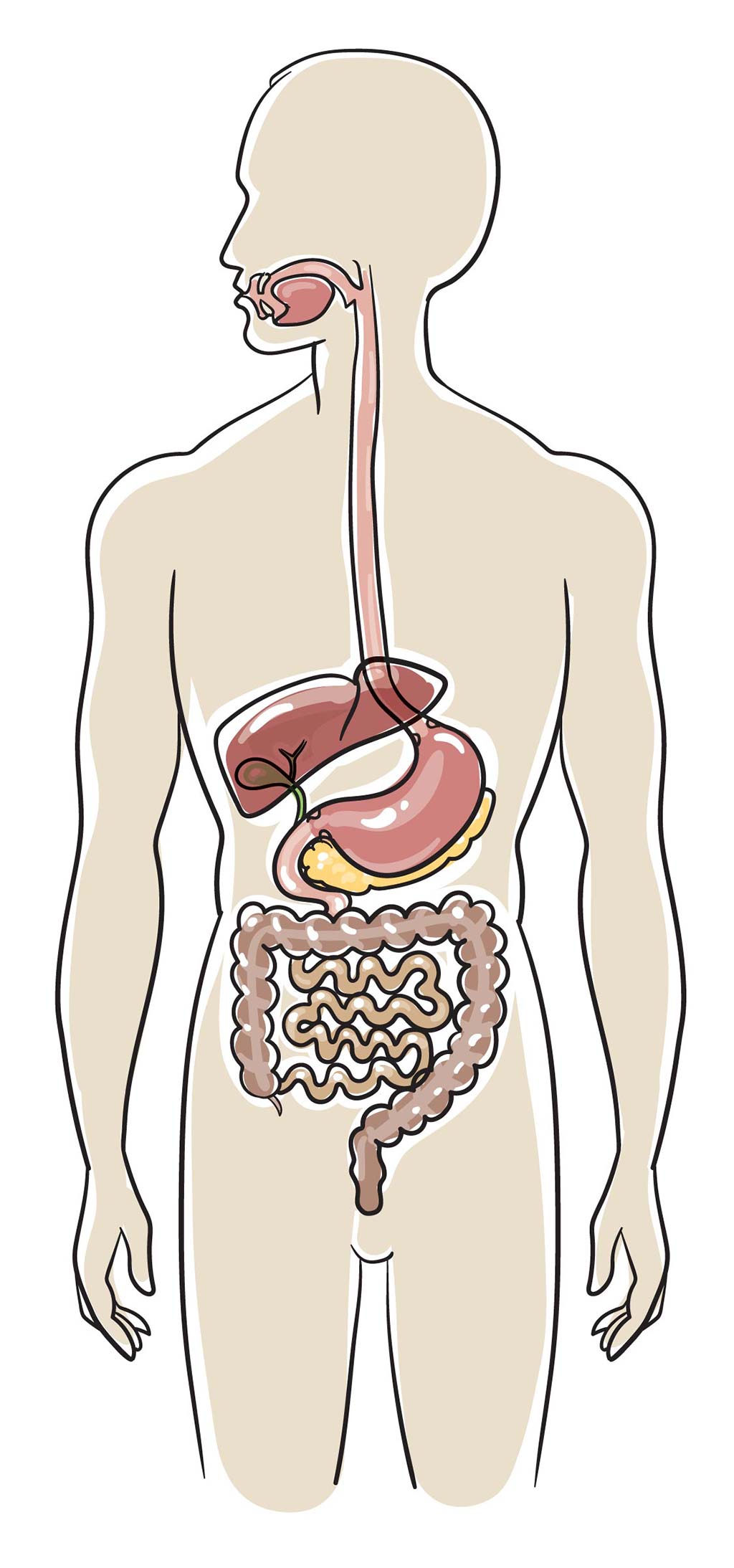Second cancers
This fact sheet is for people who have had a blood and marrow transplant (BMT).
BMT patients may experience health complications in the months or years following the transplant. Long-term follow up has an important role in the early detection of any health issues.
This fact sheet has general information about ways to look after your health. If you have specific concerns, speak to your BMT team or your doctor for further information and advice.
What is the risk of developing another cancer after a BMT?

BMT survivors are at a slightly higher risk of developing another cancer compared with those in the general population of the same age.
The most common secondary cancers include:
- post-transplant lymphoproliferative disorder (PTLD)
- leukaemia or myelodysplasia
- skin cancer: melanoma, squamous cell carcinoma (SCC), basal cell carcinoma (BCC)
- oesophageal cancer
- breast cancer
- thyroid cancer.
What can cause second cancers?
A second cancer may be caused by:
- radiotherapy used to treat cancer before BMT or total body irradiation (TBI) as part of BMT treatment
- certain chemotherapy drugs (high dose cyclophosphamide, BCNU, etoposide and daunorubicin or doxorubicin)
- medications used to treat chronic graft versus host disease (GvHD)
- lifestyle factors prior to BMT including sun exposure and smoking cigarettes.
Your family history may also increase your risk of certain cancers particularly bowel and breast cancer.
What are the signs and symptoms?
Some type of cancers do not present with signs or symptoms but may be suspected when an annual blood test or scan result shows an abnormality. It is important you continue your annual follow up and also important you report any new or persistent symptoms to your doctor including:
- easy bruising or bleeding
- excessive fatigue
- bone pain
- changes in moles
- sores that do not heal
- lumps
- difficulty swallowing
- changes in bowel habits
- persistent abdominal pain
- blood in the stools or urine
- vision changes
- persistent headaches
- persistent cough or hoarseness
- shortness of breath
- bloody sputum (phlegm)
- mouth ulcers that do not heal
These symptoms do not necessarily indicate that you have cancer. You may have another health issue. It is important to see your doctor.
If a second cancer is identified, how is it treated?
Treatment of a second cancer depend on the type and stage of the cancer. In the event that a second cancer is diagnosed your doctor will discuss the treatment options with you.
How can I look after myself to prevent second cancers?
Having regular check-ups with your doctor and participating in cancer screening are the most important things you can do to detect second cancers early.
- Medical assessments –Your doctor can assess your health every year during your regular long-term follow-up appointment. This includes having age-specific cancer screening tests completed, such as cervical cancer, breast cancer and bowel cancer screening.
- Know your history and risk factors – Your treatment history (such as the specific type of cancer, the chemotherapy you had, and amount of radiation you received) may put you at an increased risk of certain type of cancer.
- Make healthy lifestyle choices – Do not smoke, do not binge drink, or reduce your alcohol consumption, avoid tanning and sunburn (be SunSmart) and eat a healthy well-balanced diet.
If you are feeling worried and anxious about developing a second cancer, speak to your doctor about how you are feeling. Understanding your personal risk of recurrence and second cancers may make you feel better.
Where can I find further information?
- Cancer Council NSW. Fear of the cancer returning. www.cancercouncil.com.au
- Breast Screen NSW. www.breastscreen.nsw.gov.au
- Australian Dept of Health. Cancer Screening. www.cancerscreening.gov.au
- Australian Dept of Health. National Cervical Screening Program. www.cancerscreening.gov.au
Who do I talk to about second cancers?
Speak to your BMT team, cancer specialist or general practitioner (GP) about the risk of second cancers.